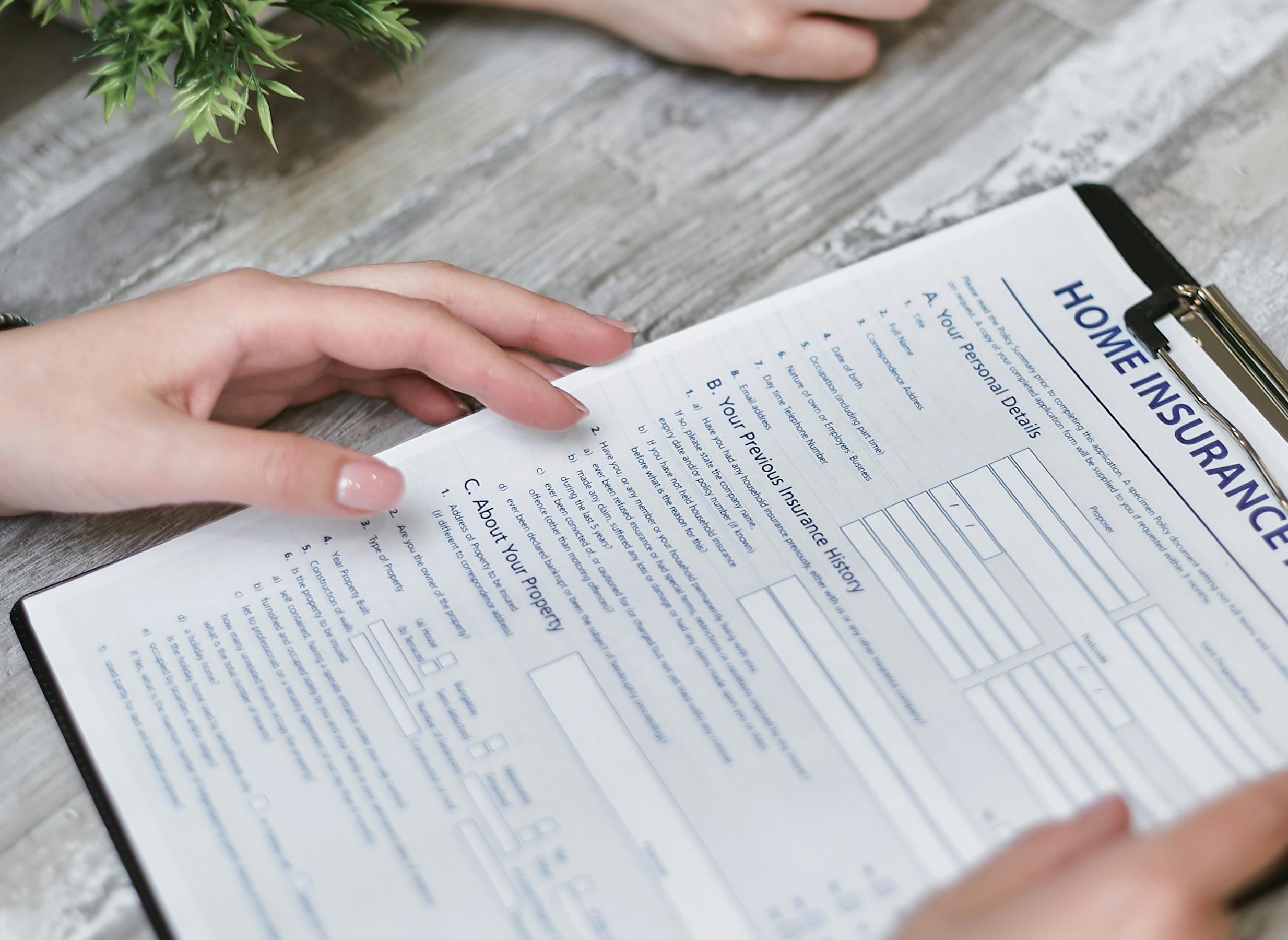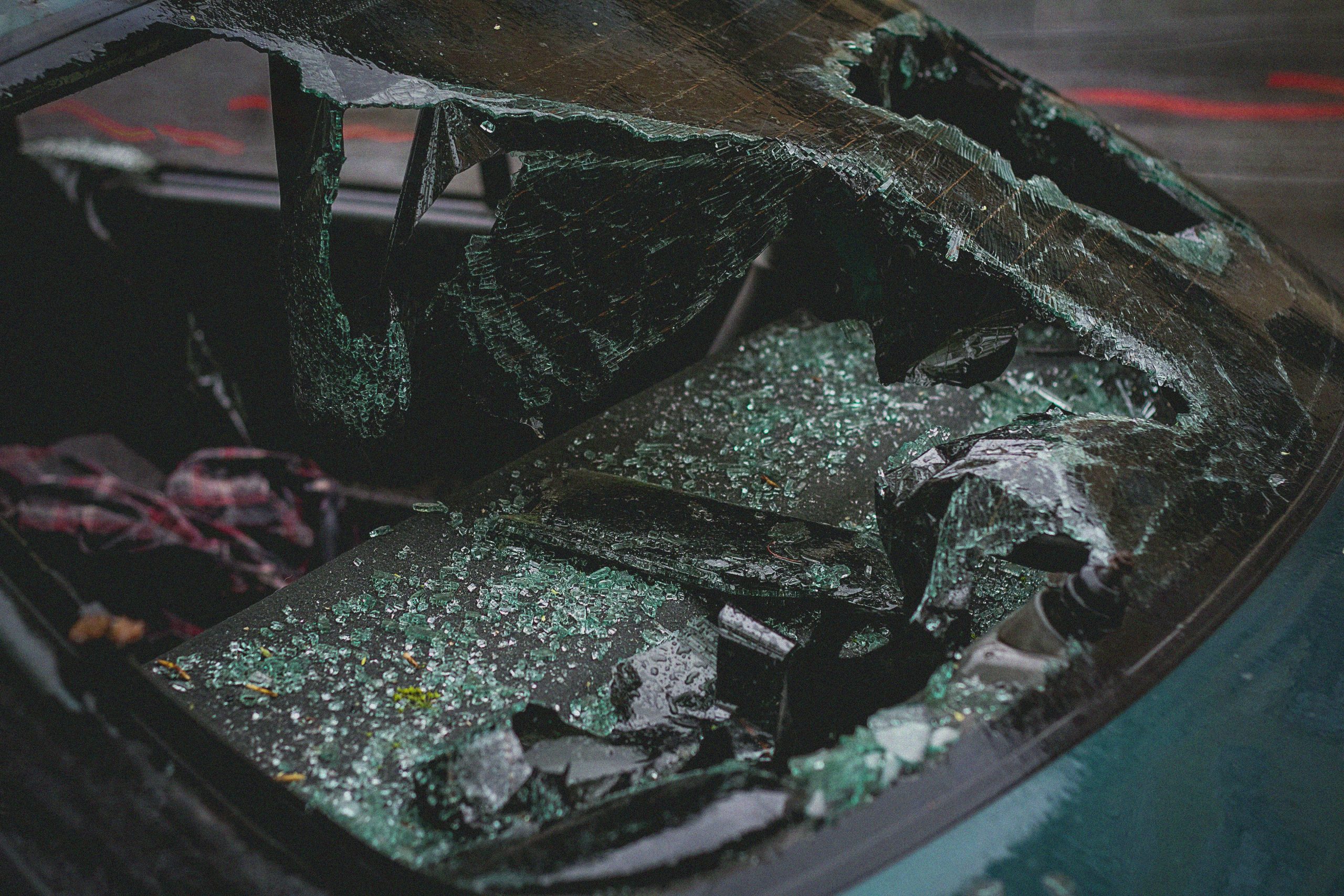Consequences of Repairing vs. Not Repairing After a Fault Car Accident
We were in a rear-end collision on the highway in California when the car in front of us suddenly stopped. Unfortunately, we’re considered at fault, and our vehicle sustained significant damage, while the other car only has minor cosmetic scratches. We do have a dashcam, but it didn’t capture our speed, and despite hitting the brakes hard, we were unable to stop in time.
I reached out to our insurance company to find out if our premiums would increase if we chose not to repair our car. The customer service representative informed me that the increase in our premium would be determined by the claim we file, rather than the cost of repairs. I find this hard to believe. We received a rough estimate of $5,000 for repairs, minus a $500 deductible. It seems reasonable to assume that the amount the insurance covers would correlate with any potential rise in our premium.
I want to note that while I have ten years of driving experience in Canada, it’s not counted here in California due to my less than one year of experience as a licensed driver. Currently, our insurance premium for two people is $250. Any advice you can provide would be greatly appreciated!
Here are some photos of the damage: Car Pictures
EDIT: I should also mention that when filing the claim, I indicated that “I don’t know” who was at fault, while my wife said “both cars were at fault.”




When it comes to the consequences of repairing versus not repairing your car after an at-fault accident, there are several factors to consider. Here’s a breakdown based on your situation:
Doing the Repair
Pros:
Restoration of Vehicle Condition: Getting your car repaired means it will be safe and operable. This can prevent further issues down the line.
Insurance Coverage: Since it was an at-fault accident, your insurance might cover the repairs (less your deductible) while being a factor for future claims, as they will have a record of the incident.
Potential Increase in Trade-in Value: Having a repaired car could help maintain or increase its resale or trade-in value later on.
Cons:
Deductible Payment: You have a $500 deductible you’ll need to pay out of pocket before your insurance covers the rest of the repair costs.
Potential Premium Increase: While your insurance agent mentioned that the premium increase can’t be predicted solely based on the repair costs, filing a claim for an at-fault accident typically leads to an increase in your premium. This can vary depending on your provider and their policies.
Not Doing the Repair
Pros:
Cost Savings: You would save the immediate $5,000 repair cost (minus your deductible).
No Immediate Impact on Premium: If you don’t file a claim for the repair, this specific incident may not get reported to your insurance, potentially avoiding a premium increase.
Cons:
Vehicle Value: By not repairing the damage, your car’s value can decrease, and you may face difficulty if you ever decide to sell or trade it in.
Safety and Performance: Minor cosmetic damage can sometimes hide more severe underlying issues. Not repairing may risk your vehicle’s overall safety and performance.
Future Claims: If you decide later to file for repairs or an issue arises related to the accident, it could complicate or affect future claims.
Additional Considerations
Insurance Policies: Each insurance provider has different policies. It might be worth discussing with another representative or getting a second opinion to clarify how claims and premium adjustments are handled.
Accident Reporting: Since you mentioned that the options selected during the claim filing might not align with the facts, ensure that your insurance company is aware of the accurate details. It is crucial that your account of the incident is correct for future reference.
Conclusion
Ultimately, the decision to repair or not depends on the balance of immediate costs versus long-term implications. If you believe that the repairs are necessary for the safety and performance of your vehicle, it may be worth pursuing, despite the potential increase in premiums. On the other hand, if you’re concerned about costs and do not plan to use the vehicle for anything involved (like selling), you might consider forgoing repairs. It often helps to have a comprehensive discussion with your insurance agent to clarify how each option could influence your premiums in the long run.